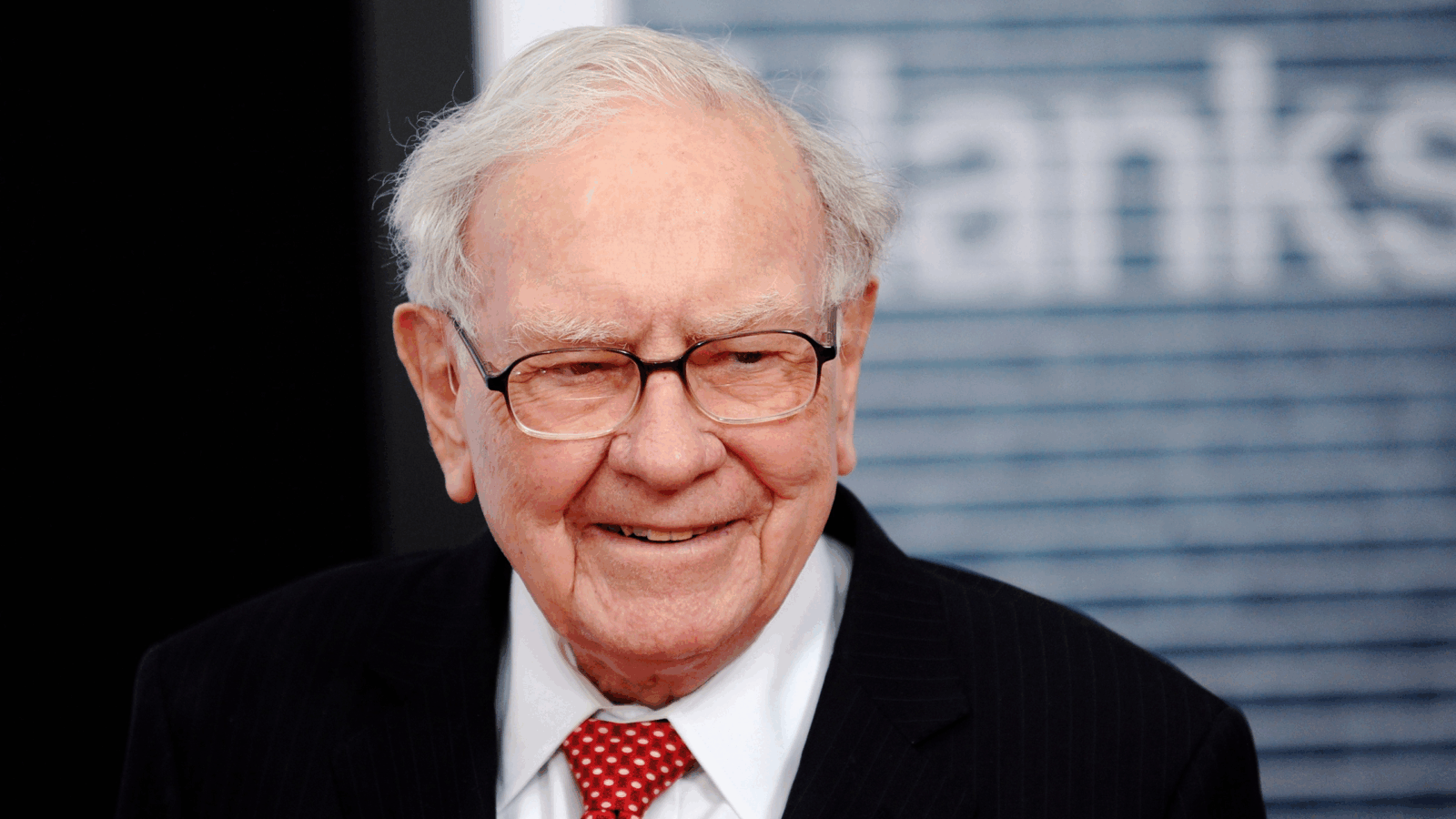Energy Crisis Spurs Record Payout at Vitol Group
Vitol Group, the world’s largest independent oil trader, has paid around a record $6.4 billion in share buybacks to its employee-owners.

Sign up for smart news, insights, and analysis on the biggest financial stories of the day.
Everyone loses in war. Except maybe commodity traders.
Vitol Group, the world’s largest independent oil trader, has paid around a record $6.4 billion in share buybacks to its employee-owners after achieving bumper profits in the past couple of years, thanks in part to timely trades and the volatile war in Ukraine, according to company filings seen by Reuters. It’s not the only oil trader to make hay out of the international crisis.
Vitol Signs
The oil trading boomtime isn’t surprising. Russia’s invasion of Ukraine in 2022 elicited retaliatory sanctions on the country’s oil and gas by most Western nations, sending energy prices soaring across Europe. A year ago, the crisis allowed fellow trading giant Trafigura to split $3 billion in payouts to employees after scoring a record $5.5 billion in profit through the first six months of the year — a 108% increase from the year before.
Now it’s Vitol’s turn. The firm is owned by roughly 450 of its 1,700 employees, which means the per-employee payout comes in at around $14 million, though some top traders and executives may have scored even bigger checks. The payday highlights the once-in-a-generation frenzy the past few years have been for oil traders:
- According to audited company accounts seen by Bloomerg, Vitol scored $13.2 billion in profits last year. That’s down from $15.1 billion in 2022, but still good for around three times more than the company’s previous annual record.
- The top four oil traders — Vitol, Trafigura, Gunvor, and Mercuria Energy — collectively earned net profits of $50 billion in the past two years, compared to just $6.8 billion total in 2018 and 2019, per Bloomberg calculations.
Hot-or-Not Commodity: Oil traders may be popping champagne, but others across the commodities trading sector have faced a harrowing July as some of the hottest markets over the past 18 months rapidly cool off. For instance, copper futures — closely linked to semiconductor stocks — have fallen 6% in July. Meanwhile, soybeans, corn, and wheat futures have all dropped double-digits since May peaks. In a Gavekal Research note to clients seen by MarketWatch, co-founder Louis-Vincent Gave explained that prices of these once-hot commodities have “face-planted” after reaching “stupid” highs.











